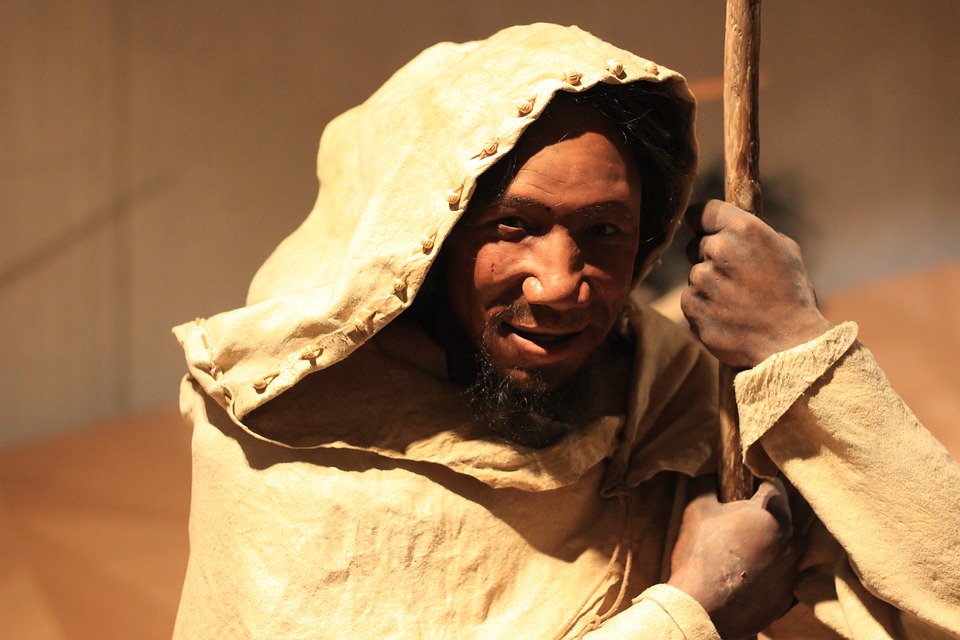There has been some progress made over the past few months in terms of finding possible treatments for COVID-19, but there is still no definite cure for the disease. Despite knowing who would have a high risk of contracting the disease, a recent study revealed another factor that could indicate whether or not a person would suffer a severe case.
A study published in the journal Nature found that a type of DNA can actually increase the risk of developing a severe case of COVID-19. This genetic oddity is found to originate from Neanderthals, which were passed on since 16,000 years ago. Today, 16 percent of Europeans and half of South Asians possess an amount of the Neanderthal gene. The scientists came to this conclusion after analyzing the DNA of severe COVID-19 patients and the DNA of the Neanderthals and its elusive sister group the Denisovans.
The DNA the scientists found that would increase the risk of a person contracting a severe form of coronavirus matched the DNA of Neanderthals found in Croatia. People who have origins outside of Africa would have around two percent of Neanderthal DNA. However, when these genes are put together, over half the Neanderthal gene could be found in humans today.
“Initially we saw it was about 60 percent increase in risk per copy of the variant,” said Dr. Hugo Zeberg, who was the lead author of the study. “You get one copy from your mother and one copy from your father.”
Dr. Zeberg then noted that the Neanderthal region has immune receptors that play a part in the immune system’s response to the coronavirus. A gene related to the Neanderthal DNA also makes a complex with a receptor for the virus.
Even as trials are underway in several countries in the search for a cure, another study suggests a turn for the worse when it comes to COVID-19. As the weather proceeds to get colder and countries with four seasons are approaching winter, the study found that COVID-19 may be mutating to become even more contagious than it already is.
Scientists found one mutation referred to as D614G will make it easier for the coronavirus to spread among people. The study’s co-author Dr. Ilya Finkelstein of the University of Texas explained that the coronavirus is mutating because of a neutral drift combined with pressure from a person’s immune system.



 NASA Cuts Boeing Starliner Missions as SpaceX Pulls Ahead
NASA Cuts Boeing Starliner Missions as SpaceX Pulls Ahead  Astronomers have discovered another puzzling interstellar object − this third one is big, bright and fast
Astronomers have discovered another puzzling interstellar object − this third one is big, bright and fast  Cogent Biosciences Soars 120% on Breakthrough Phase 3 Results for Bezuclastinib in GIST Treatment
Cogent Biosciences Soars 120% on Breakthrough Phase 3 Results for Bezuclastinib in GIST Treatment  FDA Lifts REMS Requirement for CAR-T Cell Cancer Therapies
FDA Lifts REMS Requirement for CAR-T Cell Cancer Therapies  SpaceX’s Starship Completes 11th Test Flight, Paving Way for Moon and Mars Missions
SpaceX’s Starship Completes 11th Test Flight, Paving Way for Moon and Mars Missions  SpaceX Starship Explodes in Texas During Test, Citing Nitrogen Tank Failure
SpaceX Starship Explodes in Texas During Test, Citing Nitrogen Tank Failure  Is space worth the cost? Accounting experts say its value can’t be found in spreadsheets
Is space worth the cost? Accounting experts say its value can’t be found in spreadsheets  Trump Signs Executive Order to Boost AI Research in Childhood Cancer
Trump Signs Executive Order to Boost AI Research in Childhood Cancer  Neuralink Expands Brain Implant Trials with 12 Global Patients
Neuralink Expands Brain Implant Trials with 12 Global Patients 































